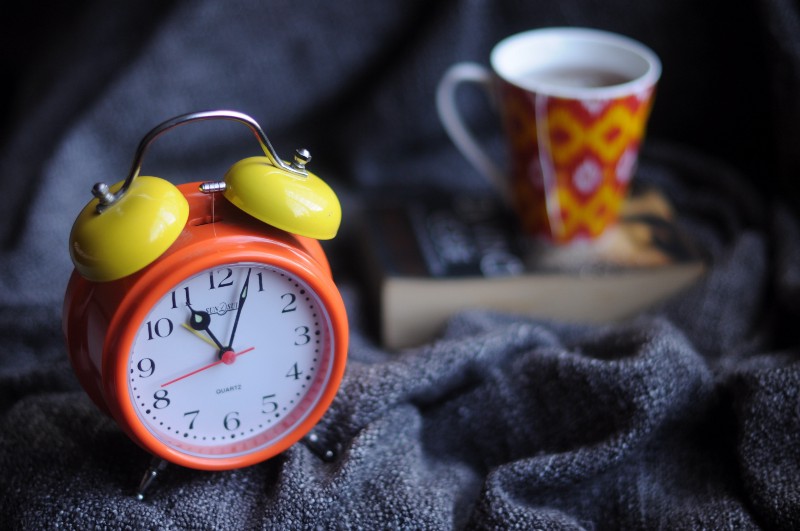
Resuming routines after Thanksgiving, or any holiday, can be hard. But what if we could find transform our seemingly mundane daily routines into mindful rituals?
What’s the Difference?
To start transforming a routine into a ritual, we need to understand the differences between them. Let’s start with definitions:
Routine: a regular course of procedure; habitual or mechanical performance of an established procedure.
Ritual: a ceremonial act or action; an act or series of acts regularly repeated in a set precise manner.
Both are regularly repeated actions. However, a routine is a means to an end, while a ritual is a non-essential action, focussed on mindfulness and meditation.
Benefits of Routines and Rituals
While routines may seem dull and mindless, they actually have physical and mental health benefits. Parents attest to the necessity of children’s bedtime routines. Research supports this, showing that kids with nighttime routines sleep better, in turn improving their parents’ mood. But it’s not just kids who benefit from these repetitive evenings!
We’re bombarded with articles telling us the key to success is a routine. It seems every CEO, athlete, and celebrity has a set daily routine, which is the why they’re the high-achievers. It’s easy to be skeptical about this theory, but we shouldn’t be.
Arianna Huffington’s book The Sleep Revolution focuses on how quality sleep can positively transform your life, and how to achieve this with a nighttime routine. Researchers at the University of Alabama support her claims that routines lead to quality sleep, which, they found, leads to improved productivity, focus, and happiness. Adding to that, studies in the American Journal of Health Promotion show that better sleep — a result of a routine bedtime — lead to better health.
Ritual, the more mindful version of routine, also improves mental and physical health. Rather than being dismissed as mere superstition, research in the Journal of the Association for Psychological Science shows that rituals which focus on inner reflection and meditation improve professional performance and results. According to studies in the Journal of Applied Psychology, rituals also boost self-confidence and help reduce anxiety.
Transform a Routine into a Ritual
An easy place to start with transforming a routine into a ritual is with something we do multiple times a day: Eating. Dr. Kathleen Vohs and Dr. Yajin Wang show that performing a ritual before eating improves the taste of the food, and the conceived value of it. By focusing and really thinking about our food before we eat, we feel more appreciative of it, and consequently eat more mindfully.
Practice taking a moment to breathe and check-in with yourself before you eat. Think about how you’re feeling, express gratitude for the food in front of you, and direct all your thoughts and attention to your meal. You will enjoy the meal more and feel happier, as you swap unfocused eating for a mindful, health-boosting ritual. This simple ritual can enable food to nourish your body and mind.
There are many moments in your daily routines that can be transformed into spirit-nurturing rituals. Whether you’re in the shower, waiting at a stoplight, making dinner, or out jogging, engage your mind and your thoughts. Focus on yourself, breathe deeply, notice how you feel, and be grateful for the present moment. Routines may seem like dull, unavoidable actions, but by approaching them as rituals, we can enact them with mindful intention.
